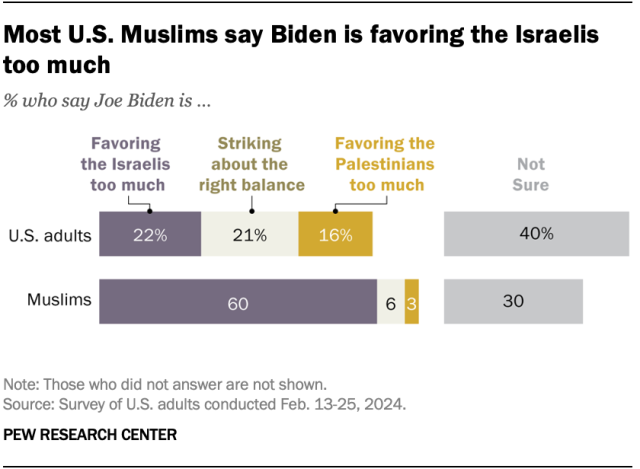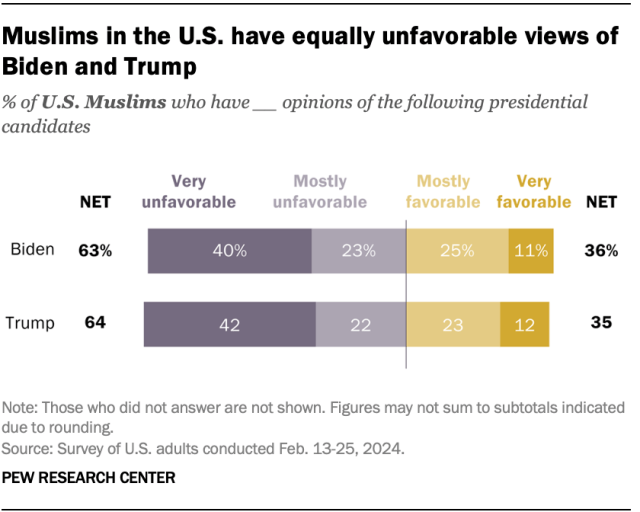
BY NOREEN MAYAT • MAY 15, 2024 AT 9:56 PMShare
“Good morning distinguished guests, faculty, family members, and above all, the class of 2024—congratulations! My name is Noreen Mayat, and I am honored to be here today as a graduating Barnard senior representing the Muslim community at Columbia.”
That’s how I’d hoped to open my speech as the Muslim senior representative at Columbia’s Baccalaureate Service on Sunday.
Baccalaureate, Columbia’s “multifaith celebration of undergraduate commencement,” is intended to showcase the University’s supposed inclusivity and diverse set of religious communities. As former president, vice president, and social chair of Columbia’s Muslim Student Association, I was excited to speak as the Muslim senior representative. I was looking forward to sharing my experience building, nurturing, and cherishing the Muslim community here at Columbia, and what it means to me. For a moment, I felt like my identity was being recognized; it felt like I mattered.
However, after experiencing several rounds of censorship of my speech by Religious Life staff, and the University’s carceral response toward pro-Palestinian student protestors, I no longer felt comfortable being a part of this service, nor representing this University.
This decision wasn’t easy. I carried the weight of this decision for months. I struggled with whether or not delivering a speech at a Columbia-sponsored event would allow me to stay true to myself, and to my community. But it wasn’t until these last few weeks at Columbia—my last few weeks as a graduating senior—that I realized there was only one choice I could make, while still maintaining my morals.
I realized this year that Muslims do not matter to Columbia. And while that remains true, I cannot let myself be a diversity token for this service.
It just isn’t true to who I am.
During meetings with Religious Life staff leading up to Baccalaureate, I was told not to mention Palestine, nor name any specific regions of the world where my community was suffering. I was told there will be many communities in the room, and that it was just too sensitive to talk about.
I was told that Baccalaureate is meant to be celebratory, and so I shouldn’t center such heavy topics.
I was told, that even as the Muslim representative, that I should be talking about all communities’ suffering, not just mine. As if it simply wasn’t fair to shine a light on Muslim suffering and on the 40,000 Palestinian lives lost without also simultaneously condemning the loss of all life. It seemed as if as a Muslim speaker, if I didn’t explicitly state and defend my belief that all human life is precious, the world would assume I meant otherwise. Somehow, even just talking about our suffering was made to be “political.”
This all stung.
I felt like a puppet.











